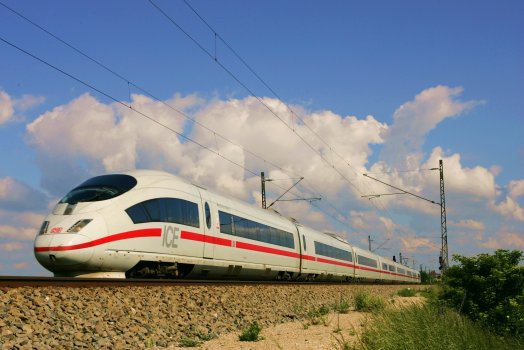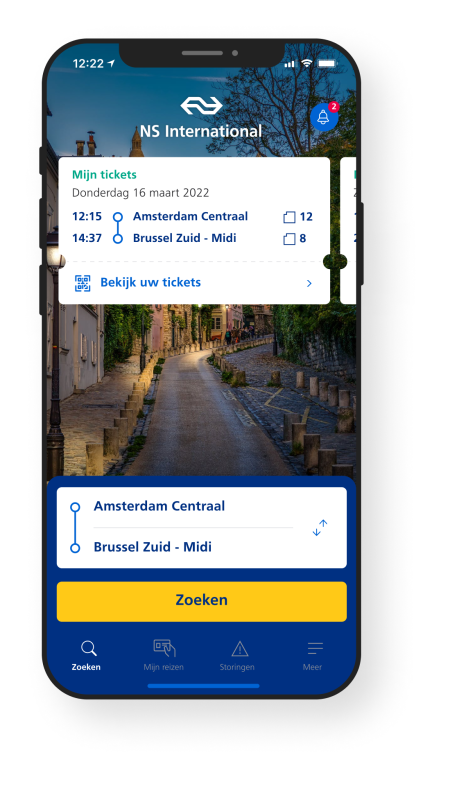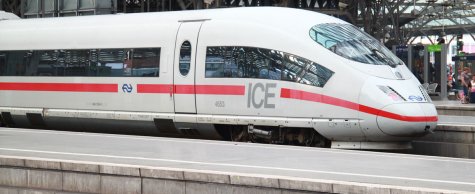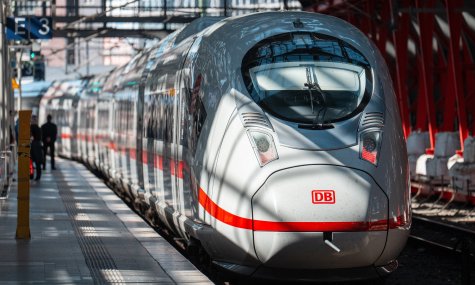4 questions about crowded trains to Germany
Four questions and answers about the crowds on trains to Germany.
1. How crowded is it?
In recent days and weeks, it has been very busy on the trains to Germany. Due to a combination of many passengers, shorter trains and train cancellations, the stations where ICE and Intercity Berlin call at could sometimes suddenly become very busy. So busy, in fact, that we were sometimes forced to skip stations as a safety precaution. Long queues at the international service desks and longer waiting times at our customer service were also more frequent than we would have liked due to this situation.
2. Why are the trains so crowded?
It is so crowded due to a combination of things:
- The entire travel industry is picking up after the Covid period.
- International trains are very popular and now have more reservations than before the Covid pandemic. More people are taking the train instead of travelling by plane.
- This summer, Germany has a great offer for train passengers on regional services: tickets for € 9 per month.
- Interrail had a special discount offer this spring because of their 50th anniversary.
- The German railways, like the Dutch, have fewer staff due to illness and a tight labour market. This has an impact on the trains. As a result, there have been far fewer trains available in recent weeks than required. Therefore, the schedule of a number of ICE trains has been adjusted and people have to change trains more often.
3. Is it getting less busy?
Yes, NS International and Deutsche Bahn are working tirelessly to deploy the available train sets on the route between the Netherlands and Germany. This is an enormous challenge. The good news is that in the short term a number of trains carriages with 'long-term defects' will be back in service. That means changing trains less often when travelling to Basel and a longer train.
But we must also be realistic: it could still happen in the coming weeks that a train breaks down and trips need to be cancelled. NS International and DB have decided to reduce the number seats that can be booked, so that there is more room for passengers without a seat reservation, such as the Interrailers.
Lastly, in recent weeks we have been announcing that ICE and Intercity Berlin cannot be used for domestic routes due to the crowds. That, too, has proven to be helpful.
4. Seat reservation is not compulsory on German trains. But it is advisable to make a reservation?
Seat reservation is indeed not compulsory on the ICE and Intercity Berlin. However, we do recommend that passengers make a seat reservation when booking. If you have not done so, you can still make a seat reservation later on.
Formally, passengers can always board ICE, but especially the first two trains and the last two trains of a day are so crowded, that we turn passengers without seat reservation away to the less busy trains.






